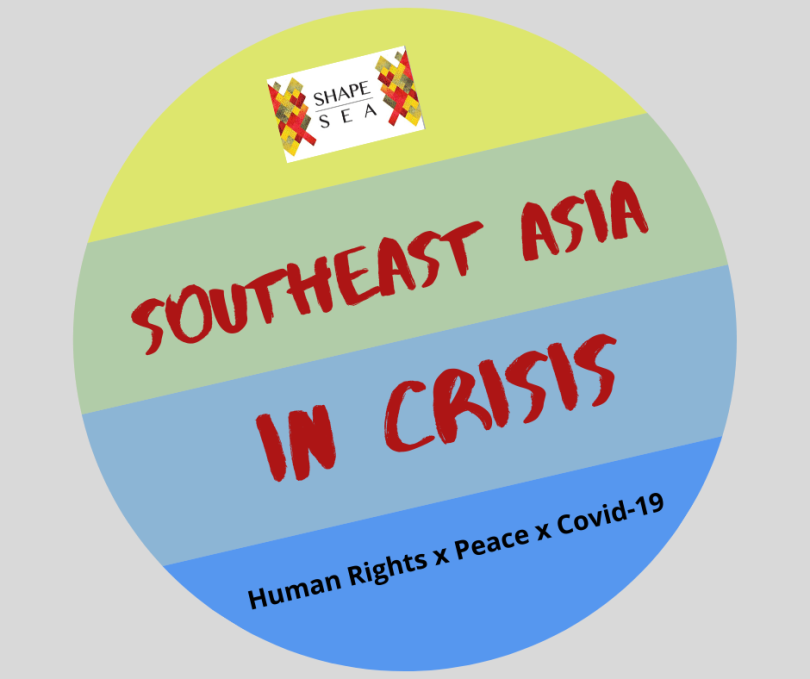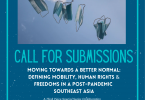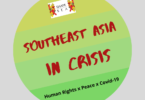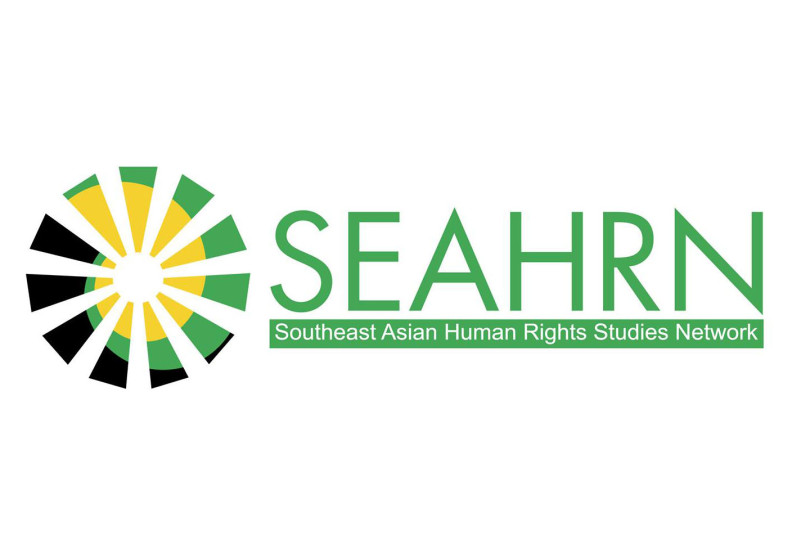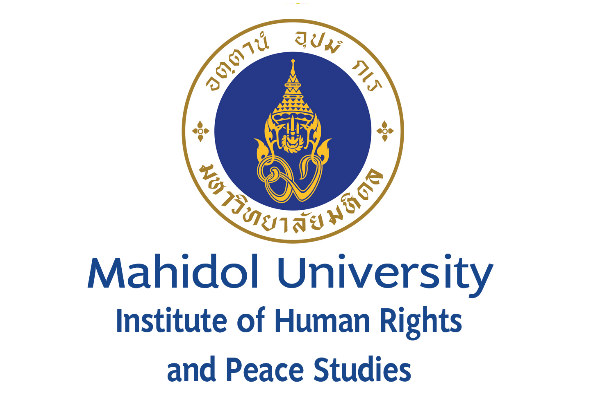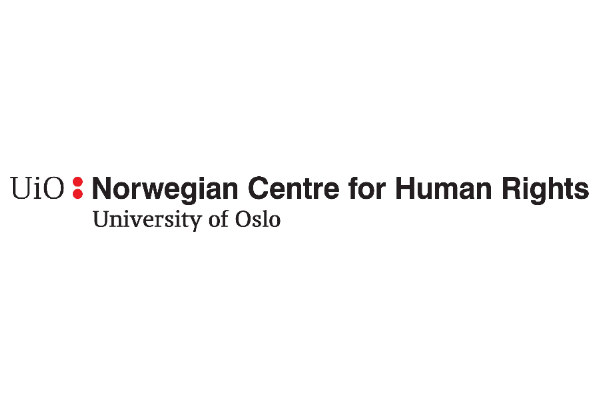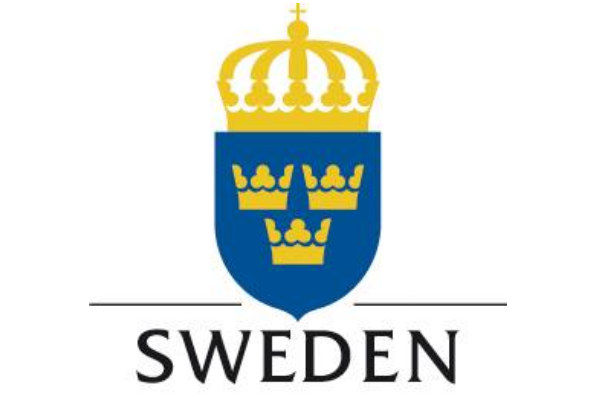Jyrus Cimatu
Research Editor – UST Law Review (A.Y. 2019 – 2020)
Doctor of Jurisprudence Candidate, University of Santo Tomas – Faculty of Civil Law
Legal Assistant II – Human Rights Victims’ Board (2017)
Legal Assistant – Public Attorneys’ Office: Special and Appealed Cases Division (2015)
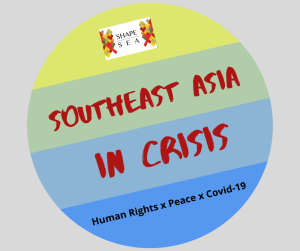 In order to respond “effectively” against CoVID-19, the Philippine government enacted Bayanihan To Heal As One Act (BaHO Act), which grants the President powers to address the dilemma. It is guided by Par (a), Sec. 6 of such law, which states that the President is encouraged to flatten the curve through education, detection, protection, and treatment. The powers granted may be classified as: capacity-building, relief, regulation, and budgetary which individually may have one, some, or all of the aspects combined in order to achieve Bayanihan (which loosely means community solidarity) holistically.
In order to respond “effectively” against CoVID-19, the Philippine government enacted Bayanihan To Heal As One Act (BaHO Act), which grants the President powers to address the dilemma. It is guided by Par (a), Sec. 6 of such law, which states that the President is encouraged to flatten the curve through education, detection, protection, and treatment. The powers granted may be classified as: capacity-building, relief, regulation, and budgetary which individually may have one, some, or all of the aspects combined in order to achieve Bayanihan (which loosely means community solidarity) holistically.
The pandemic served as an impetus for the exertion of the police power which greatly interferes with the exercise of civil and economic liberties. It is only imperative that its constitutional foundations be critically examined.
A preliminary but primordial discussion must be concerned as to how the emergency response will be funded as the national budget is already enacted under the General Appropriations Act which the President cannot further modify as the power of the purse is solely lodged in the Legislature. Guided by the jurisprudence of Araullo v. Aquino and Belgica v. Ochoa, Congress, in wielding its police power, specifically the power of the purse, delegated its authority over the budget to the President in order to curb bureaucracy and streamline the change of appropriations for effective implementation.
This, however, begs the question as to whether the delegation is constitutional. The delegation of powers is not a legal quagmire as the Supreme Court in Araneta v. Dinglasan and Disini v. Secretary of Justice spells out the limits thereof. To have constitutional imprimatur, it must pass the tests of completeness and sufficiency. The completeness test states that the law must be complete in all its terms and conditions such that no ambiguity will ensue and the only thing be done is its implementation. The sufficiency test commands that powers be delineated with safeguards, limitations, and guidelines in order to determine its extent and prevent abuse thereof.
The BaHO Act passes the completeness test as it specifically enumerates the powers and the corresponding standards on which it should be guided upon with the ultimatum that the exercise thereof shall not supersede Constitutional rights. It also passes the test of sufficiency as it empowers the Congress to have oversight in requiring the President to report weekly and that the emergency powers will terminate after three months or sooner.
Capacity-building spearheaded by the Executive aims to enable and promote the health sector to operate in a safe, efficient, and effective manner and not overburden the hospitals which may cripple its performance and result to loss of lives. This is manifested in the streamlined acquisition of necessary goods in dealing with the pandemic that is an exception to the bureaucratic process of procurement set by law.
Relief powers are given so that socio-economic safety nets may be properly placed to provide support for the informal sector, sustain general welfare, and establish peace and order so that during the lockdown where access to labor and market is severely restricted, acts of violence in order to obtain basic necessities would not be resorted to which would violate the social distancing policy espoused by health authorities.
Regulatory powers are also granted to control all forms of transportation and mobility in order to reduce rates of transmission. This contemplates the power of oversight over local government units (LGUs) which serves as the frontline in providing basic necessities to the communities and helping keep the peace within their jurisdiction in a time of social unrest.
While the BaHO Act aims to eradicate the health crisis, it is noted that the law is a double-edged sword which while presumably legislated for benevolent purposes may malevolently executed by authorities for their own ulterior motives. The weaponization of the law is utilized to legitimize violation of basic civil liberties.
As of writing, the numbers of infection are skyrocketing even without mass testing and there is a proliferation of human rights violation such as police brutality committed by public officials against quarantine violators paired by discrimination against health workers. Politicization in the guise of sanitization is also present in the undue investigations of LGU officials which tends to disable support at the community level. Socio-economic relief is also not justly implemented with families receiving little to no support which resulted to rallies not conforming to social distancing measures which is also coincided by the suspension of the labor department to dole out monetary support to workers affected. Social distancing measures are also loosely implemented by the LGU and national government with reports of cockfighting events and boxing matches being held compromise public health.
The issue of public health in the time of crisis is also an issue of human rights wherein science cannot be separated from politics. Human rights cannot be compromised for the sake of public health and of public order. It is supplementary in dealing with the systemic problem of inequality and injustice of the system. By allowing abuse and violence to be entrenched during a crisis, we are breeding a culture and system that would be detrimental in the future that violates our altars of freedoms and basic liberties.
References:
Republic Act 11469, https://www.officialgazette.gov.ph/2020/03/24/republic-act-no-11469/
Araullo v. Aquino, G.R. No. 209287, July 1, 2014
Belgica v. Ochoa, G.R. No. 208566, November 19, 2013
Araneta v. Dinglasan, G.R. No. L-2044, August 26, 1949
Disini v. Secretary of Justicee, G.R. No. 203335, February 11, 2014
Ileto, Reynaldo, Knowledge and Pacification: On the U.S. Conquest and the Writing of the Philippine History, 2017, Ateneo de Manila University Press
Lico, Gerard, The Philippines Under America: Urban Hygiene and Colonial Architecture in the Age of Imperialism in the Philippines, Espasyo Journal
Desai, Deval and Michael Woolcock, The Politics and Process of Rule of Law Systems in Developmental States, 2015, Oxford University Press
CNN Philippines, ‘Case closed’: NBI move vs. Vico Sotto a ‘useless political distraction’ amid COVID-19 crisis, DILG says, https://cnnphilippines.com/news/2020/4/2/NBI-Vico-Sotto-summon-useless-political-distraction.html?fbclid=IwAR1CL747Tq4xrPhi-A-0CWlwsrfTHBxFbvOVw30b_-PVw5wZm0TaJs5cHW4, April 02, 2020, last accessed: April 19, 2020
Cagaral, Ian Nicolas – PhilStar, Cash-strapped DOLE suspends cash aid but DBM said funds are coming, https://www.philstar.com/business/2020/04/16/2007746/cash-strapped-dole-suspends-cash-aid-dbm-said-funds-are-coming, April 16, 2020, last accessed: April 19, 2020
Visperas, Eva – CNN Philippines, Cop relieved for punching curfew violators, https://www.philstar.com/nation/2020/04/05/2005549/cop-relieved-punching-curfew-violators, April 5, 2020, last accessed: April 19, 2020
Esguerra, Darryl John – Philippine Daily Inquirer, Duterte: Probe local execs in cockfighting, drinking binge amid Luzon lockdown, https://newsinfo.inquirer.net/1260011/duterte-probe-local-execs-in-cockfighting-drinking-binge-amid-luzon-lockdown, April 16, 2020, last accessed: April 19, 2020


